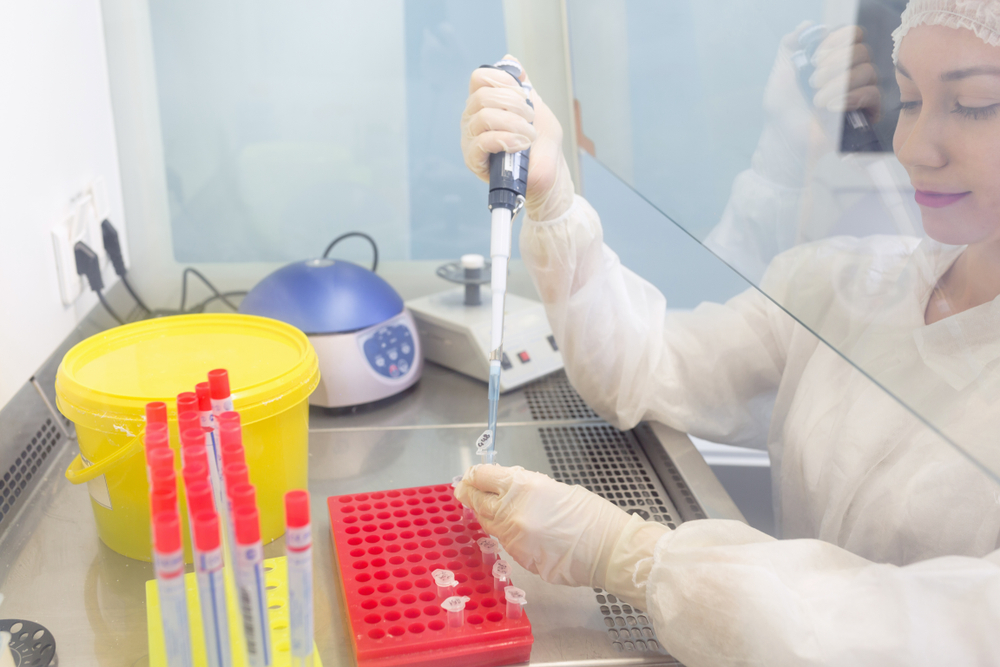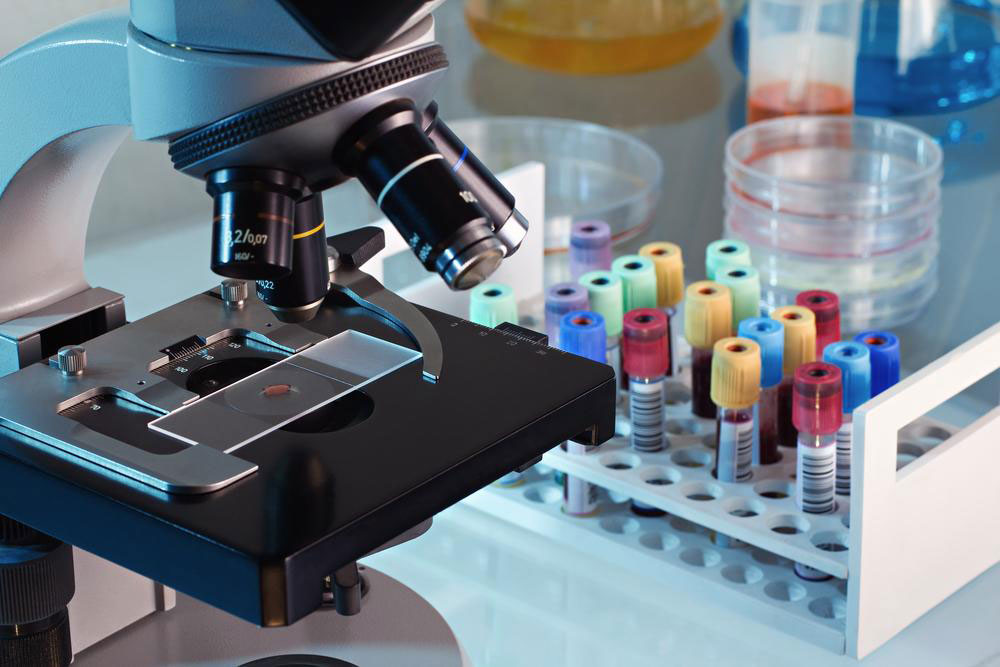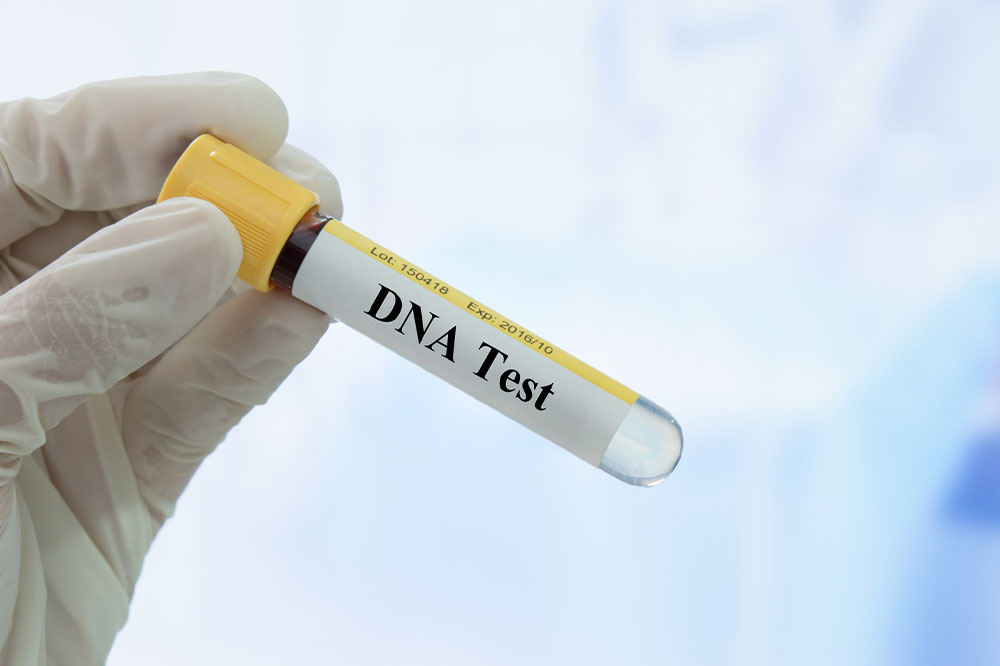Your Complete Guide to At-Home DNA Testing Kits
Discover everything about at-home DNA testing kits in this comprehensive guide. Learn how these kits work, the types of genetic tests available, and the simple steps to uncover your ancestry and family history from the comfort of your home. Perfect for anyone curious about their genetic background or seeking to explore their roots with ease and accuracy.
Sponsored

All About DNA Testing Kits
Many individuals are turning to DNA testing to uncover details about their heritage, identity, and family origins. Your DNA carries essential clues about your background, providing insights into where you come from and your biological family history.
Even if you believe you know your family story, DNA tests can reveal surprising information about yourself. With a variety of testing options now available, it's an ideal time to explore these kits.
Curious about the process? Here's a quick overview to help you understand how these kits work.
What is DNA?
DNA, or Deoxyribonucleic Acid, is the fundamental blueprint of living organisms. It determines how our bodies develop and function.
DNA comprises four chemical bases that interact to instruct cells to produce amino acids, which in turn form proteins. These proteins build organs and tissues, culminating in a complete organism.
Each person’s DNA is unique, much like fingerprints. Although humans share approximately 99% of their DNA, that last percent accounts for individual differences in appearance, sound, and personality.
Differences Between Autosomal and Mitochondrial DNA Tests
Autosomal DNA and mitochondrial DNA (mtDNA) tests analyze different parts of our genetic code to reveal various aspects of our ancestry. Read further to learn more.
Autosomal DNA tests are the most comprehensive, encompassing both maternal and paternal sides and allowing you to explore your ethnicity, heritage, and geographical origins.
mtDNA tests focus solely on maternal lineage, tracing your biological mother, grandmother, and beyond. However, these tests do not shed light on your paternal relatives.
It's important to note that mtDNA tests do not provide information about your mother’s father's line or other male relatives.
Y-DNA Testing for Paternal Lineage
Y-DNA testing examines chromosomes inherited from your father, providing insights into paternal ancestry.
Typically for men only, these tests help trace paternal lineage and identify biological paternity.
They are also used to establish a child's biological father.
Steps to Obtain Your DNA Test
Choose a testing provider based on the type of analysis you seek. Confirm they offer the specific test you want. Register on their website and place your order for an at-home kit.
Some providers offer free testing kits; others require payment and sample submission.
Most home testing kits use saliva samples, eliminating the need for blood draws.
Follow instructions carefully—either collect saliva or use cheek swabs. Detailed guidance is usually available on the provider's website.
Send your samples back via mail, observing proper regulations for mailing biological substances. Activate your kit and link it to your online account to view results securely.
Results are typically available within 4 to 8 weeks online, with options for postal delivery in some cases.






